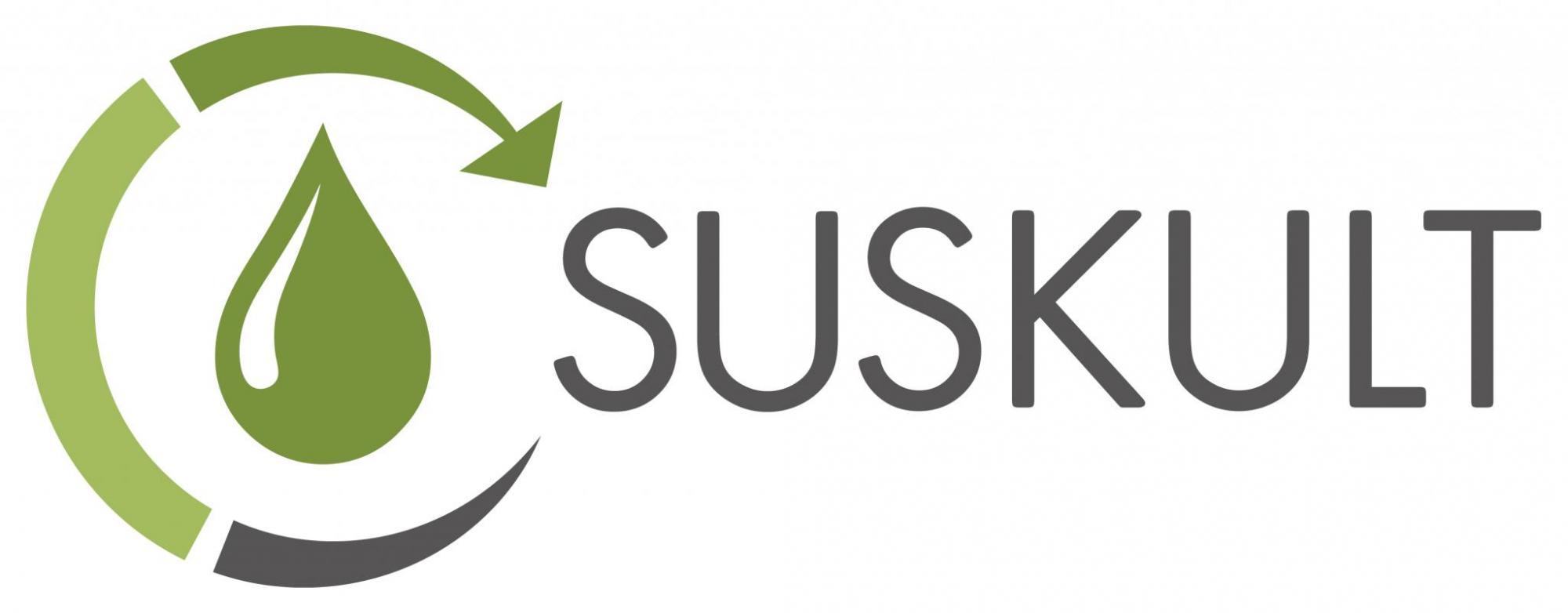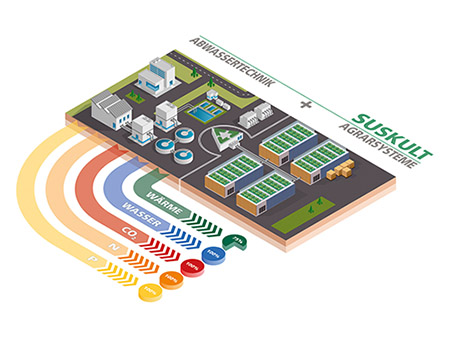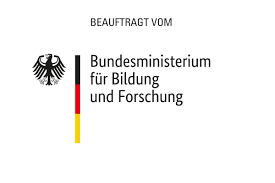
Rethinking Sustainable Agriculture in the Urban Environment
Conventional approaches to agricultural reuse of municipal wastewater often succumb to challenges posed by often times large distance from the origin of the wastewater to the place of reuse. The SUSKULT Project, however, heads into a different direction altogether, as it brings together the place of origin and the place of reuse. By mining essential nutrients from existing nutrient streams, conventional wastewater treatment plants are transformed into beacons of circular economy, implanting agricultural production directly into the urban environment.

Bringing together 15 partners from various fields the BMBF-funded joint project covers all steps of the value chain from wastewater treatment technology, nutrient recovery, horticultural cultivation to marketing of products. A close cooperation between subprojects ensures a hollistic approach from the beginnings of the idea to the implementation of the technology.
The Centre for Environmental Research -UFZ brings its special expertise in the field of identification and analysis of trace pollutants and their transformation products into project. Contributing to two subprojects the UFZ investigates the presence and fate of organic and inorganic trace pollutants such as pharmaceuticals but also industrial chemicals in untreated and treated wastewater as well as in different plant matrices. Sophisticated target and non-target analytical methods are used for the investigation of trace contaminants.
During the first three years of the project the SUSKULT approach will be optimized up to the point where a pilot plant will be put into operation on the grounds of the wastewater treatment plant Emschermündung in North-Rhine-Westphalia. In the years to follow the pilot plant will demonstrate the viability of the SUSKULT vision.

